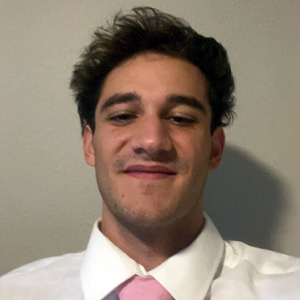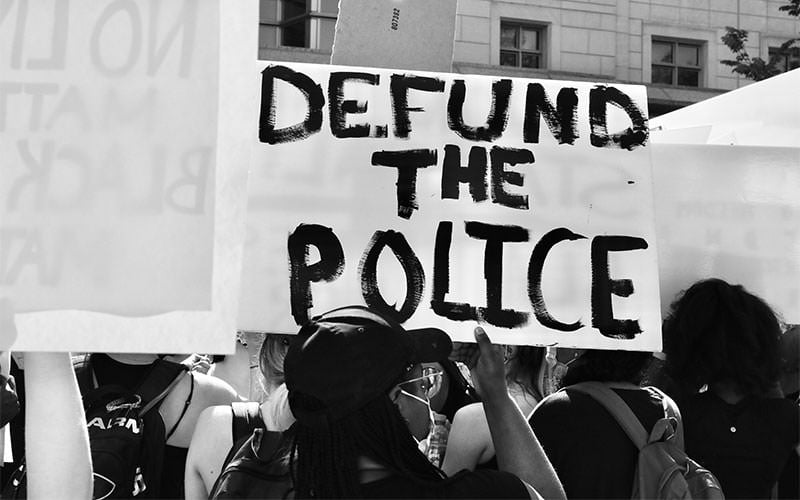PHOENIX – Protesters over the summer called for defunding Phoenix police, motivated in part by deep skepticism about officers’ ability to properly handle mental health crises.
Activists point to police shooting deaths of mentally ill Arizonans in the past as evidence that law enforcement officers need help defusing such situations.
The Maricopa County Attorney’s Office reports that there have been 51 shootings by law enforcement officers in the county so far in 2020, with 23 of those shootings involving Phoenix police.
Shootings by Phoenix police in 2018 hit record levels – 44 – which was more than New York, Los Angeles, Chicago or Houston, according to the Republic. Phoenix officers shoot at someone on average every five days, it said.
Phoenix police officials say they have worked to provide such training for officers, noting that the department created a crisis intervention team in 2000 that’s specifically trained to deal with behavioral health calls.
Former police officer Terence Lynn, who’s now a member of the Council of State Governments Justice Center in New York, which is committed to policy improvements across the criminal justice system, said resources for police responding to mental health calls have changed.
“Thirty years ago, there weren’t a lot of options, especially at 3 o’clock in the morning,” Lynn said. “It has evolved. In many states, mental health training has evolved into a full on curriculum.”
In addition to officer training, hospitals and local mental health services are working with Phoenix police to create a larger response system, and some mental health workers now are allowed to ride along with officers to better handle these situations.
Despite the concern over the Phoenix Police Department’s handling of these types of calls, Detective Sabrina Taylor, the training coordinator for the Phoenix crisis intervention team, said only 3% of calls are related to behavioral health and most callers to police could have contacted a mental health professional instead.
“But they (call operators) can transfer them right over to the county crisis line. And officers never need to get involved at all,” Taylor said. “There’s three drop-off centers that’ll take somebody voluntarily or involuntarily”
Despite Phoenix’s efforts, Black Lives Matter organizer Jamaar Williams and other activists say police have not been effective in serving their communities, particularly the mentally ill.
“When the police go out and they tell the public or they tell the press, ‘Hey, we’re putting more mental health personnel with our response teams or with our police,’ they don’t, they’re not getting that right,” Williams said. “Why are we giving this job to police who say they are trained to do this? Who some of them don’t even want to do this. And the National Police Foundation report, police officers said, ‘I don’t want to do social work.’”
Taylor disagreed, saying police officers aren’t forced into this type of training.
“You have to volunteer for it. You have to be an experienced officer and you have to say, ‘I want to go to that class,’” she said. “So you have to go into these situations with an open mind, and if the situation allows, have a conversation and figure out what they need.”
A 2018 study by the U.S Police Foundation showed that 95% of Phoenix police officers had completed mental health crisis-intervention training. However, when community members were asked how the department responded, “44.8% indicated the officer(s) made the situation worse, and 50.9% responded that when the PPD took them to jail, the officer(s) did not offer mental health assistance, and/or did not ask mental health questions before taking them to jail.”
In November, the Arizona Police Association released a list of proposed changes for departments statewide. In its proposal, the group outlined steps to move forward to improve public safety and transparency.
“Does it really make sense to ask officers with limited training in mental health issues to respond to calls for help from the mentally ill or their families? Are police officers our best option for dealing with the homeless crisis? We would say no,” the statement read.
The group’s proposal called for identifying non-violent mental health-related calls and leveraging existing nonprofits and community health partners to “effectively handle those instances” and urging the Legislature to review of mental health transport laws, “which create non-therapeutic interactions with consumers and law enforcement.”
Cronkite News reporter Isabella Martillaro contributed to this article.


